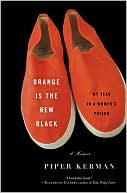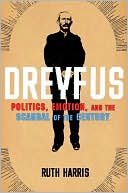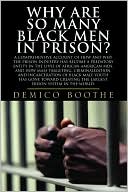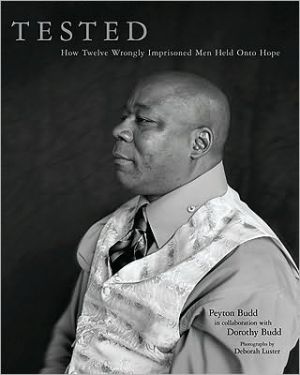Search in google:
"When Piper Kerman was sent to prison for a ten-year-old crime, she barely resembled the reckless young woman she'd been when, shortly after graduating Smith College, she'd committed the misdeeds that would eventually catch up with her. Happily ensconced in a New York City apartment, with a promising career and an attentive boyfriend, she was suddenly forced to reckon with the consequences of her very brief, very careless dalliance in the world of drug trafficking." "Kerman spent thirteen months in prison, eleven of them at the infamous federal correctional facility in Danbury, Connecticut, where she met a surprising and varied community of women living under exceptional circumstances. In Orange Is the New Black, Kerman tells the story of those long months locked up in a place with its own codes of behavior and arbitrary hierarchies, where a practical joke is as common as an unprovoked fight, and where the uneasy relationship between prisoner and jailer is constantly and unpredictably recalibrated." Revealing, moving, and enraging, Orange Is the New Black offers a unique perspective on the criminal justice system, the reasons we send so many people to prison, and what happens to them when they're there. Publishers Weekly Relying on the kindness of strangers during her year's stint at the minimum security correctional facility in Danbury, Conn., Kerman, now a nonprofit communications executive, found that federal prison wasn't all that bad. In fact, she made good friends doing her time among the other women, many street-hardened drug users with little education and facing much longer sentences than Kerman's original 15 months. Convicted of drug smuggling and money laundering in 2003 for a scheme she got tangled up in 10 years earlier when she had just graduated from Smith College, Kerman, at 34, was a “self-surrender” at the prison: quickly she had to learn the endless rules, like frequent humiliating strip searches and head counts; navigate relationships with the other “campers” and unnerving guards; and concoct ways to fill the endless days by working as an electrician and running on the track. She was not a typical prisoner, as she was white, blue-eyed, and blonde (nicknamed “the All-American Girl”), well educated, and the lucky recipient of literature daily from her fiancé, Larry, and family and friends. Kerman's account radiates warmly from her skillful depiction of the personalities she befriended in prison, such as the Russian gangster's wife who ruled the kitchen; Pop, the Spanish mami; lovelorn lesbians like Crazy Eyes; and the aged pacifist, Sister Platte. Kerman's ordeal indeed proved life altering. (Apr.)







